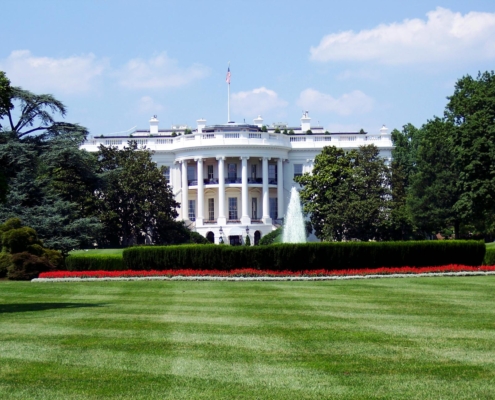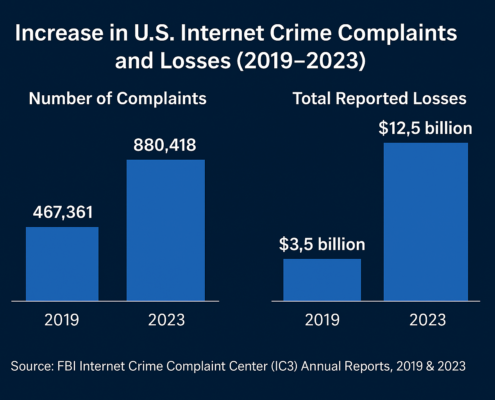NTIA Approves BEAD Funds in Colorado & New Hampshire!
States have a one-year deadline to award grants under the program.
13 June 2024The Biden-Harris administration has approved the second phase of Colorado’s & New Hampshire’s plans for its flagship broadband expansion program, raising the total number of approved states to nine, along with the District of Columbia.
Having received a go-head from the NTIA (National Telecommunications and Information Administration), these states can now begin requesting allocations from the $42.5 billion BEAD (Broadband Equity, Access, and Deployment) Funding program.
Approved states will have one year to distribute subgrants. This action allows states to request access to:
- New Hampshire: More than $196 million
- Colorado: More than $826 million
BEAD Volume Two
Volume two of the BEAD funding proposals outlines how states will manage their grant programs, following volume one, which focused on how states would challenge broadband coverage data to accurately identify unconnected homes and businesses.
Colorado Senator John Hickenlooper made a statement on the approval; “Our Bipartisan Infrastructure Law, the largest investment in high-speed and affordable broadband ever, is closing the digital divide for Tribes and small business owners in rural communities across Colorado.”
Colorado’s approved BEAD funding plan had few modifications from the draft circulated last fall. The state raised the price threshold at which grant applications could start to receive additional points for affordability from $85 per month to approximately $118, based on the FCC’s Urban Rate Survey. This increase was “requested by several commenters,” the state noted.
A provision that remained unchanged requires participating providers to offer plans at $30 per month to low-income households served by BEAD infrastructure. Providers can charge a maximum of $50 per month if they receive a state-approved waiver. This low-cost plan, mandated by the NTIA, has faced controversy on Capitol Hill, with Congressional Republicans accusing the agency of violating the Infrastructure Law’s prohibition on rate regulation. Broadband industry groups have echoed these concerns to state broadband offices.
Colorado completed its challenges to broadband coverage data in February, and has submitted its final list of BEAD-eligible homes and businesses to the NTIA, awaiting the agency’s approval. The state plans to publish subgrant guidelines for public comment this summer.
New Hampshire has not yet published its approved volume two.
◼️
Other Popular Blog Posts
Discover more from Brander Group
Subscribe to get the latest posts sent to your email.




